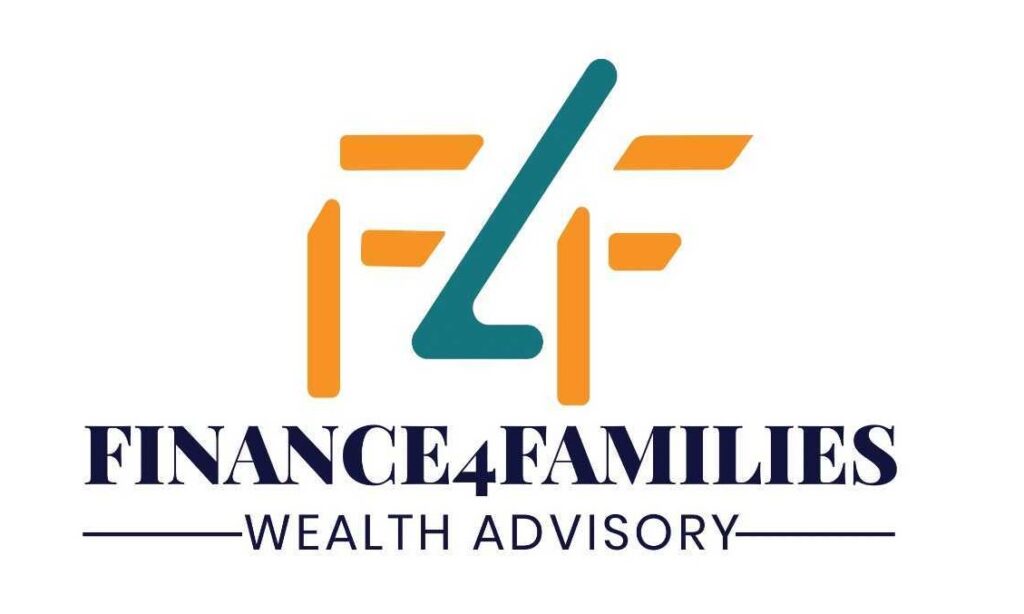Achieving financial wellness is a journey that involves mindful decisions, discipline, and a positive relationship with money. For beginners looking to improve their financial health, here are five crucial tips to help you pave the way towards a more secure and stable financial future:
1. Heal Your Money Relationship:
Before you can truly work towards financial wellness, it’s important to reflect on your current relationship with money. Take the time to understand your beliefs, behaviours, and emotions surrounding money. Practice self-compassion and forgiveness for past financial mistakes. By healing your money relationship, you can approach your finances with a clearer and more positive mindset.
2. Financial Clarity:
Create a detailed overview of your current financial situation. Make a list of your income sources, expenses, debts, and assets. Understanding where your money is coming from and where it’s going is the first step towards gaining financial clarity. Consider using budgeting tools or apps to help you track your finances more effectively.

3. Set Clear Financial Goals and Vision:
Define your short-term and long-term financial goals. Whether you aim to pay off debt, save for a vacation, or plan for retirement, having clear financial goals can keep you motivated and focused. Visualize the future you want to achieve and set achievable milestones to measure your progress along the way.
4. Intentional Spending:
Practice mindful and intentional spending by distinguishing between your needs and wants. Create a budget that aligns with your financial goals and priorities. Avoid impulsive purchases and instead, focus on allocating your money towards expenses that bring you genuine value and happiness. Consider tracking your spending to identify areas where you can cut back and save more.
5. Saving & Investing:
Make saving a priority by setting aside a portion of your income for emergencies, future expenses, and long-term goals. Aim to build an emergency fund that can cover at least three to six months’ worth of living expenses. Additionally, consider starting to invest your money wisely to help it grow over time. Explore different investment options such as stocks, bonds, mutual funds, or retirement accounts based on your risk tolerance and financial objectives.
So …
By following these five key tips as a beginner, you lay a solid foundation for your financial wellness journey. Remember that progress takes time and consistency, so be patient with yourself as you work towards achieving your financial goals. Embrace the learning process, seek knowledge, and stay committed to building a healthier financial future for yourself.



